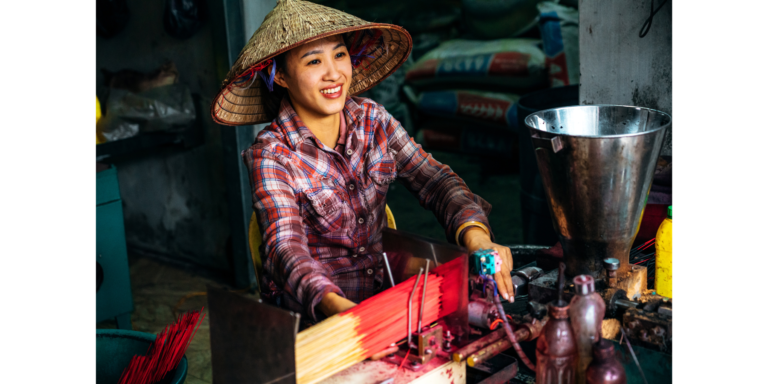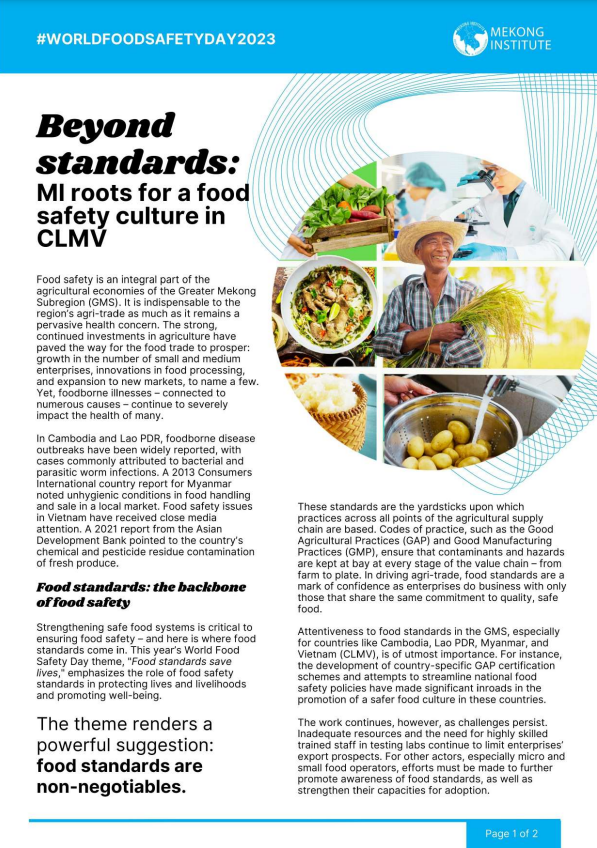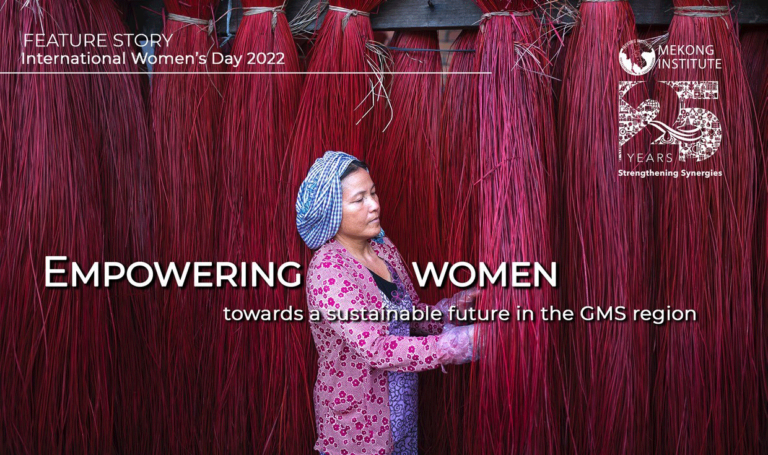HOW GROUP OF EXPORT ORGANIC FRUIT PRODUCT IS FAST TRACKING EXPORTS, PRODUCTIVITY, AND INNOVATION
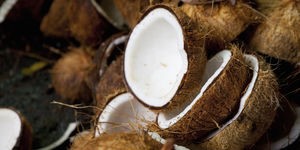
What started as a modest 3-hectare farm has come a long way to positioning itself as a multi-awarded and certified coconut exporting business. Located in Bang Phae District, Group of Export Organic Fruit Product was established in 1993 by Prayoon Visuttipaisan, an agronomist with over 25 years of farming experience. Weathering the business finally paid off in 2011 when the Group received the highest national award for farming from the Thai government, consequently jumpstarting its success.
Leveraging on coconuts, one of Thailand’s major fresh fruit exports, the Group engages in direct and indirect exports. “We supply coconuts to domestic dealers and factories who then export their products,” explains Sira Paleewong who co-manages the Group with his uncle. “Similarly, we directly export our products to international markets such as China, Singapore, and some European countries. The diamond-shaped coconut is among our top-sellers,” he continues. With well-receptive markets, the Group has been focusing on the viability of expanding market access and integrating in regional and global value chains. This was demonstrated by prioritizing and strengthening their foundation for quality and safety standards.
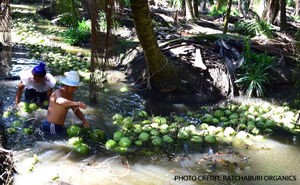
Backed by previous certifications such as Thai GAP and USDA Organic certification, Group of Export Organic Fruit Product took a cue from the MI-JAIF Project to enhance trade competitiveness by further upgrading their production and processing standards. The Group, as an Action Plan (AP) for the regional training program on SME Cluster Development and Export Consortia Formation, applied for the Global GAP certification. Through the project support, the cluster group received the certification in March 2017. The Global GAP certification has helped the Group improve product quality and further integrate the product into regional and global value chains. Since then, the Group has successfully exported to European markets including Germany, Spain, Cyprus, and the Netherlands, thereby increasing sales volume by 30% in the following year. The Group has also begun investing in a netted, closed-area packing house to obtain GMP and HACCP certifications this year.
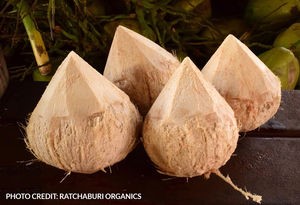
Acquiring such certifications also had spillover effects on the productivity of contract farmers supplying the enterprise with coconuts. For instance, the Global GAP certification extends to a total of 20 coconut farmers who are trained in cultivation techniques. This provides an opportunity to upgrade the quality of their produce to be able to meet the enterprise’s standards. In turn, regular procurement of coconuts gives the farmers a source of stable income. In addition to this, the Group of Export Organic Fruit Product prides itself for its commitment to improving the community around them.
In 2014, the Group established its learning center commissioned by the government’s One Tambon (meaning sub-district) One Product Project. The learning center offers trainings on improving coconut production and packing processes to farmers, government officials, teachers and students, and private sector representatives.
If you want to have a better living, come to learn and apply the techniques. The best we can offer is to educate others with what we, ourselves, have learned from years of experience – both failures and successes,
says Paleewong

Taking inevitable challenges into account, the Group continues to adapt to changing market demands and growing competition. Paleewong admits that other coconut-exporting countries such as Vietnam are nearly catching-up on the quality of fresh coconuts and hold advantage in terms of cheaper labor. One thing, though, that keeps them afloat is innovation. The Group of Export Organic Fruit Product has diversified its product line from fresh coconuts to include frozen coconut meat and bottled coconut water. Likewise, the Group has recently launched its website for digital marketing to increase borderless access and transactions. He shares: “We hope that in the next five years, our e-commerce platform will be an asset to how we conduct business.”
With its current 198-hectare coconut farm, the Group of Export Organic Fruit Product strives to strengthen its export quality, social responsibility, and brand identity in delivering coconuts to over 20 countries in four continents (and hopefully, counting).


